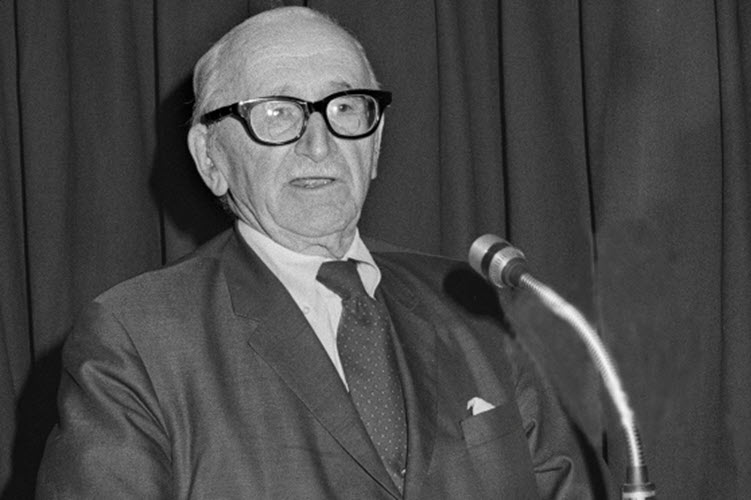Friedrich Hayek: Champion of Individual Liberty and Free Market Economics

Friedrich Hayek (8 May 1899 – 23 March 1992) was an Austrian-British economist and philosopher known for his contributions to the field of classical liberalism, political economy, and social philosophy.
Life and Career
He was born on 8 May 1899, in Vienna, Cisleithania, Austria-Hungary. He enrolled at the University of Vienna to study law and economics. He was greatly influenced by the Austrian economist Ludwig von Mises, who was one of his professors at the university. He also studied under the economist Friedrich von Wieser and the philosopher Moritz Schlick.
In 1923, Hayek earned his doctorate in law and economics from the University of Vienna. He later went on to teach at the university and served as the director of the Austrian Institute for Business Cycle Research from 1927 to 1931.
In 1931, Hayek accepted a position at the London School of Economics, where he would remain for the next 20 years. At LSE, Hayek continued to develop his ideas on economics and political philosophy, and he became a prominent figure in the British intellectual scene.
Hayek’s most influential work is “The Road to Serfdom,” published in 1944, which argues that central planning and government intervention in the economy leads inevitably to authoritarianism and the erosion of individual liberties.
His work also includes significant contributions to the field of economics, particularly in the areas of monetary theory, business cycles, and the role of information in economic decision-making.
He also advocated for the idea of “spontaneous order,” in which complex social and economic systems emerge without deliberate design or control.
He died on 23 March 1992, in Freiburg im Breisgau, Baden-Württemberg, Germany.
Overall, Hayek’s work has had a significant impact on economic and political thought, particularly in the areas of free markets, individualism, and the limits of government intervention.
Award and Legacy
He won the Nobel Prize in Economics in 1974 for his pioneering work in the theory of money and economic fluctuations. He was a key figure in the development of the Austrian School of Economics, which emphasizes the role of individual action and market forces in economic decision-making.
Observer Voice is the one stop site for National, International news, Sports, Editor’s Choice, Art/culture contents, Quotes and much more. We also cover historical contents. Historical contents includes World History, Indian History, and what happened today. The website also covers Entertainment across the India and World.

